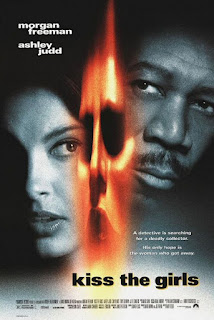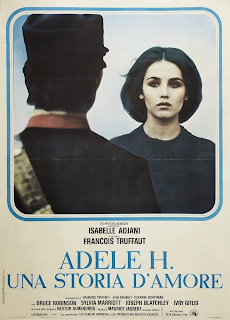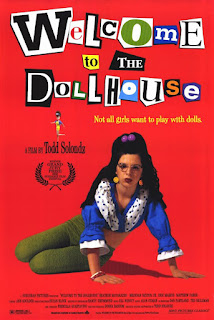Movie Name: Moscow on the Hudson
Year of Release: 1984
Director: Paul Mazursky
Starring: Robin Williams, Maria Conchita Alonso, Cleavant Derricks, Alejandro Rey, Saveliy Kramarov, Elya Baskin, Oleg Rudnik, Aleksandr Benyaminov, Lyudmila Kramarevskaya, Tiger Haynes
Genre: Drama, Romance, Comedy
Score out of ten (whole numbers only): 6
Watch it on Amazon Prime
Year of Release: 1984
Director: Paul Mazursky
Starring: Robin Williams, Maria Conchita Alonso, Cleavant Derricks, Alejandro Rey, Saveliy Kramarov, Elya Baskin, Oleg Rudnik, Aleksandr Benyaminov, Lyudmila Kramarevskaya, Tiger Haynes
Genre: Drama, Romance, Comedy
Score out of ten (whole numbers only): 6
Watch it on Amazon Prime
Synopsis and Review:
More and more I get a suspicion that the work of Paul Mazursky has fallen through the cracks and that these days not many people know his work. I personally grew up in the late 80s watching many of his films, including "Down and Out in Beverly Hills", "Moon Over Parador" and "Enemies, A Love Story" (I am hoping the Criterion Collection continues to release more of Mr. Mazursky's and Mr. Paul Bartel's titles, since to this day they only have "An Unmarried Woman" and "Eating Raoul" respectively). "Moscow on the Hudson" follows the story of the sweet Vladimir Ivanoff, a young Russian saxophone player, who works with the Moscow Circus and lives with his family in a tiny apartment (including his parents, sister, and grandfather). When the Circus goes on tour in the US, specifically in New York, Vladimir decides to defect right in the middle of Bloomingdale's. He gets help from Lionel, a security guard who works in the store, and who takes him home to live with his mom, unemployed father, grandfather and sister in Harlem. He soon also gets the assistance of an immigration attorney by the name of Orlando Ramirez, a Cuban emigrant, who gives him all sorts of tips on how to navigate the process of being legal and living in the US. Vladimir quickly tackles a series of jobs, while he simultaneously begins a relationship with Lucia, a woman who also works at Bloomingdale's and that he met when he decided to defect. As his relationship with Lucia goes through some ups and downs, Vladimir also has to portend with events that have occurred with his family back in Russia, forcing him to evaluate what his priorities are and what he wants to do with his life.
One of the most interesting aspects about Paul Mazursky's films is how he always managed to capture the ambitions and dreams of his central characters, typically every day people who simply aspired to more. At times his films were more openly comedic, and at times more openly dramatic, but invariably there was always this aspect of witnessing the growth a character experiences as a result of choices they do in their lives, sometimes very radical decisions themselves. In "Moscow on the Hudson", we get to witness the evolution of Vladimir, firstly as he struggles to get out of Russia and afterwards in the US as he builds a better life for himself, always with a spark of hope and enthusiasm. While his energy and dreams are somewhat misunderstood by some of his peers, including his love interest Lucia, Vladimir truly demonstrates he is more than a cliché or a one note type of character. There's a pained determination to himself, and as he navigates challenges thrown at him, we also witness both his resourcefulness and how he remains faithful first and foremost to who he is. It's an interesting role that Robin Williams brilliantly inhabits, with both tenderness and enthusiasm. While the supporting roles are not quite as well flushed out, they still make for an interesting balance and both Maria Conchita Alonso and Cleavant Derricks manage to bring them to life in a compelling manner. The cinematography from Donald McAlpine is solid as is the production design from Pato Guzman, Mr. Mazursky's longtime collaborator. Worth watching.





















